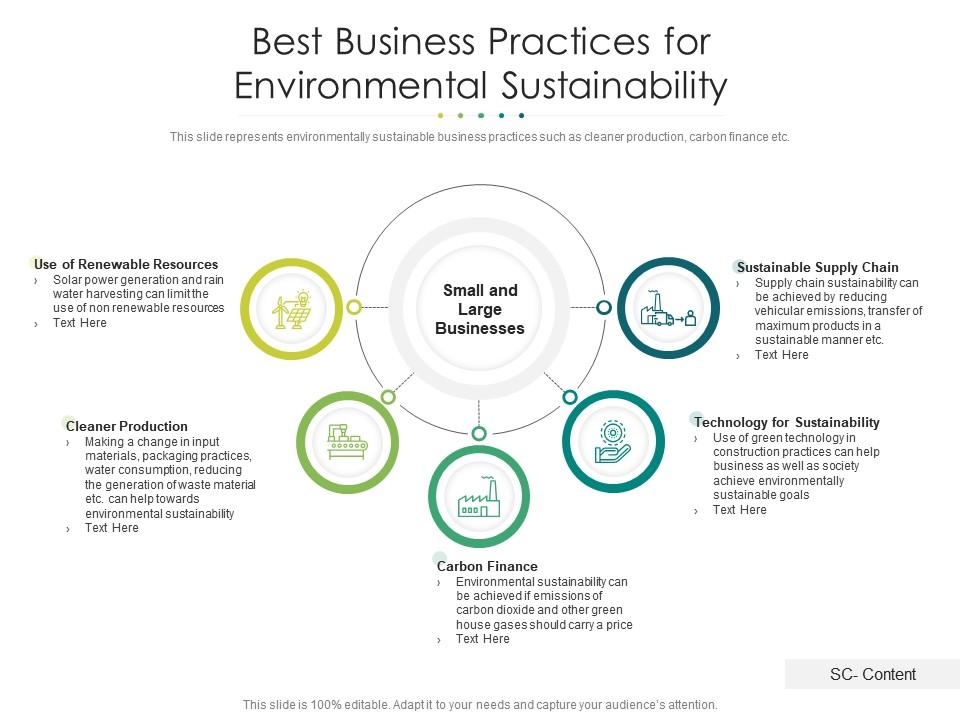Sustainable Practices: A Guide to Effective Reporting

Sustainable Practices: A Guide to Effective Reporting
In today’s corporate landscape, sustainability reporting has become a crucial aspect of business operations. As organizations strive to align with global environmental and social goals, effective reporting on sustainability practices not only fosters transparency but also contributes to the broader commitment to a more sustainable future.
Understanding the Importance of Sustainability Reporting
Sustainability reporting serves as a comprehensive tool for businesses to communicate their environmental, social, and governance (ESG) performance. By systematically documenting and disclosing their sustainability initiatives, companies can demonstrate accountability and build trust with stakeholders.
Key Components of Effective Sustainability Reporting

